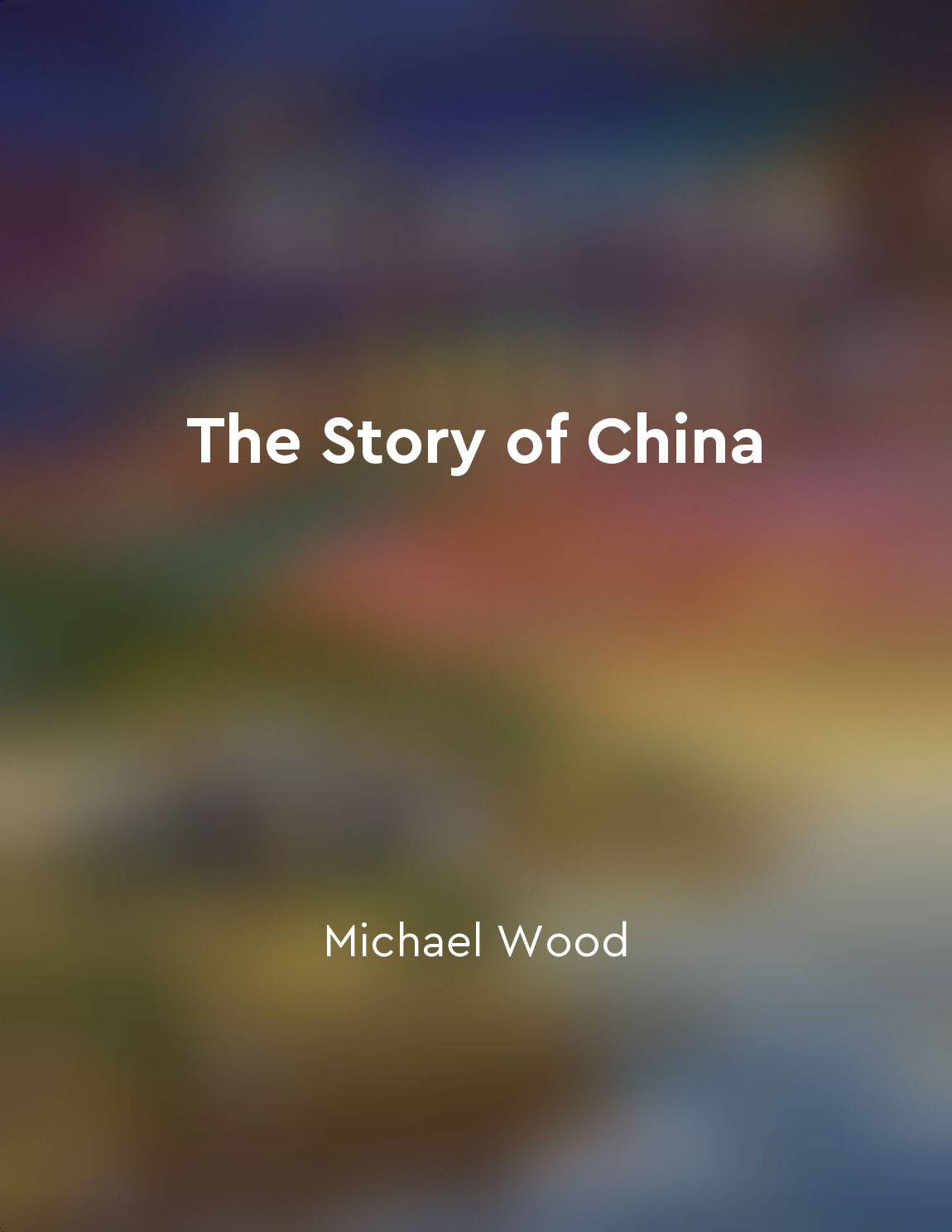Audio available in app
Kublai Khan established the Yuan Dynasty in China from "summary" of The Story of China by Michael Wood
Kublai Khan, the grandson of Genghis Khan, was a powerful Mongol ruler who sought to expand his empire into China. In the year 1271, he declared himself emperor of China and established the Yuan Dynasty. This marked the first time that a non-Chinese ruler had taken control of the entire country. Kublai Khan's rule was characterized by a blending of Mongol and Chinese cultures. He adopted many Chinese customs and traditions, while also maintaining his own Mongol identity. This fusion of cultures was reflected in the architecture, art, and literature of the time. One of Kublai Khan's most significant achievements was the construction of the Yuan capital city of Dadu, which is now modern-day Beijing. This city became a center of trade and culture, attracting people from all over the world. Kublai Khan also implemented policies to promote economic growth, such as building roads and canals and establishing a standardized currency. Despite his efforts to integrate Mongol and Chinese culture, Kublai Khan faced resistance from the Chinese people, who viewed him as a foreign invader. This led to several rebellions and uprisings throughout his reign. However, Kublai Khan was able to maintain control through a combination of military force and political alliances.- Kublai Khan's establishment of the Yuan Dynasty in China was a pivotal moment in the country's history. It marked the beginning of a new era of cultural exchange and economic development, while also highlighting the challenges of ruling a diverse and divided population.


